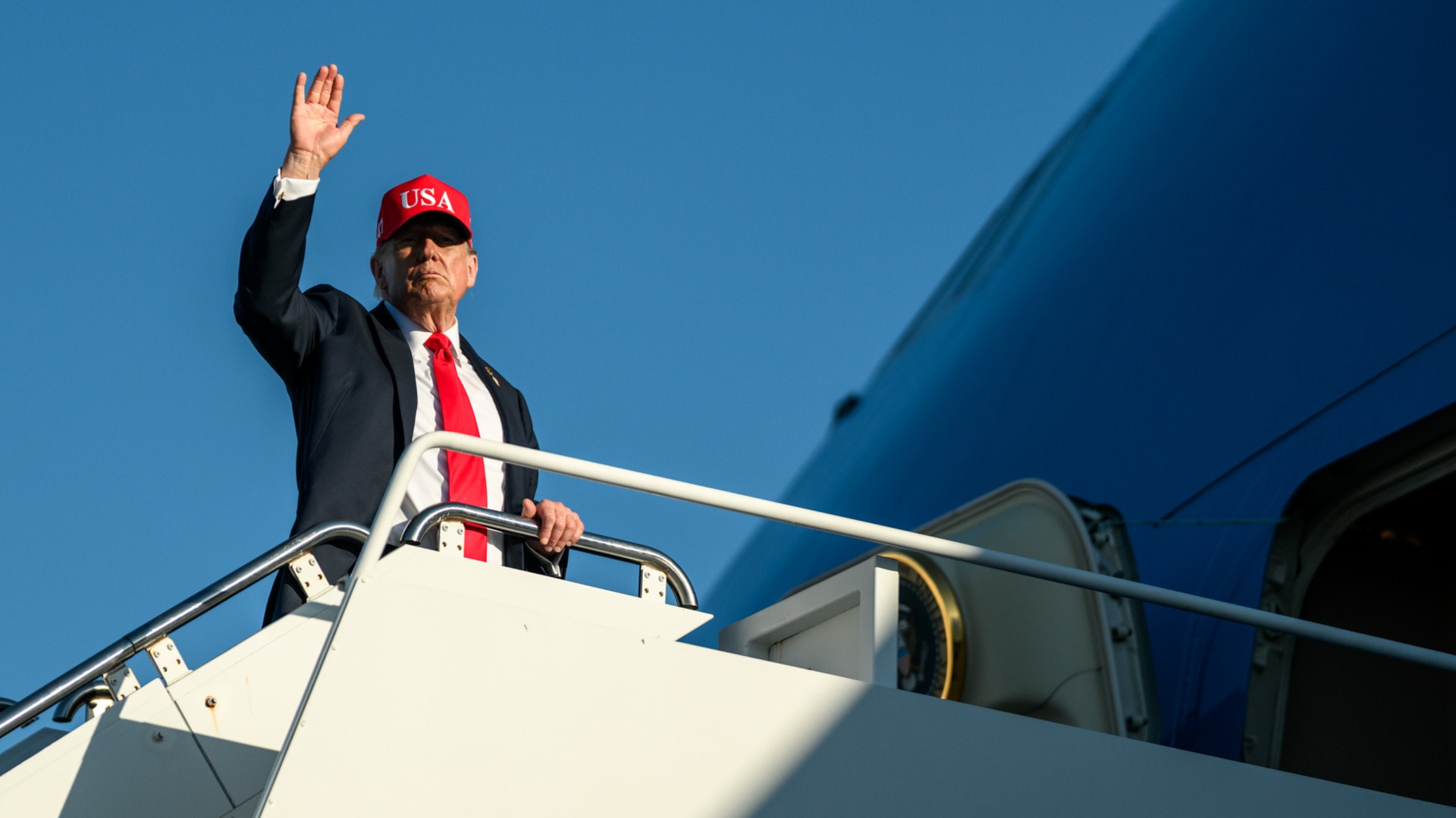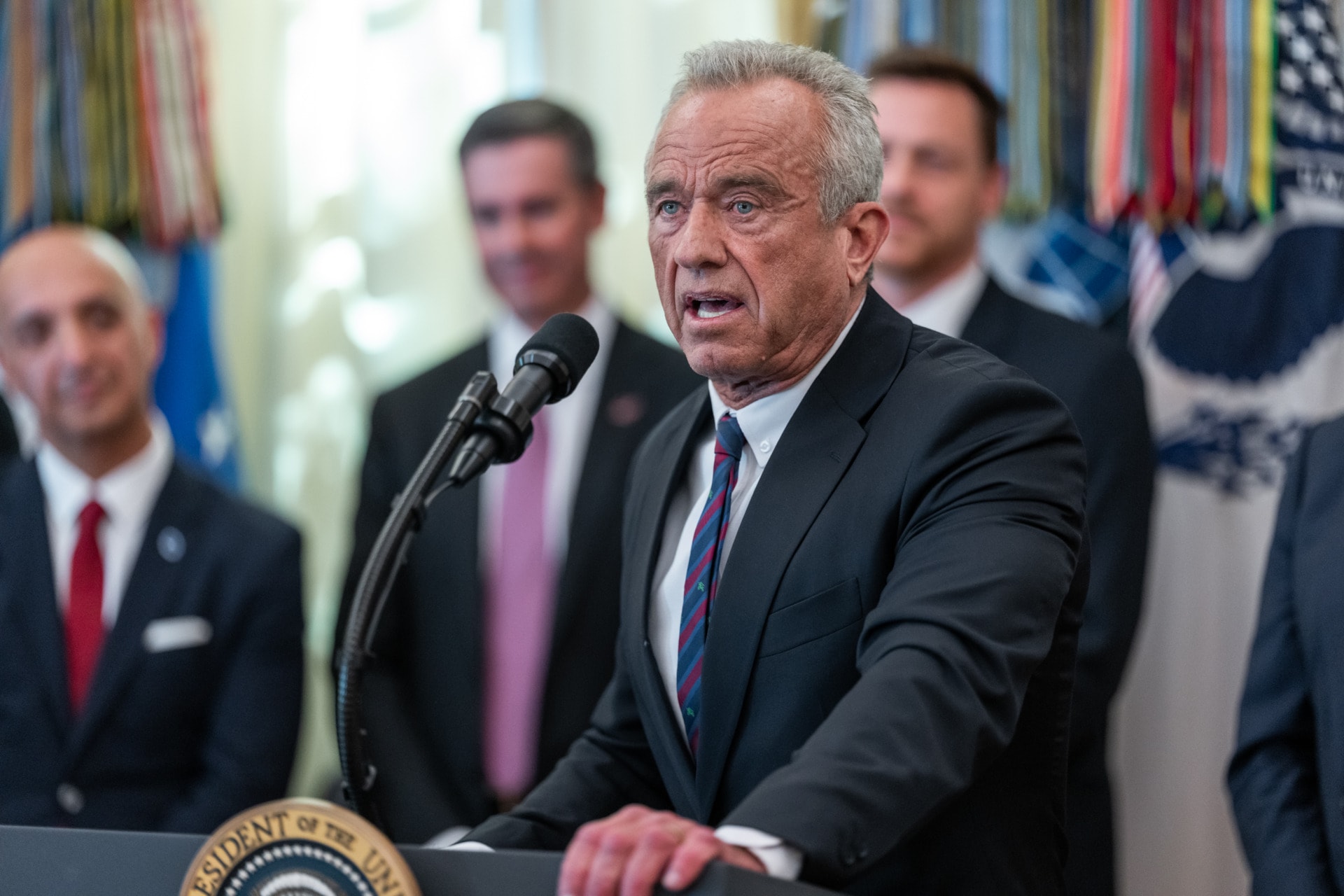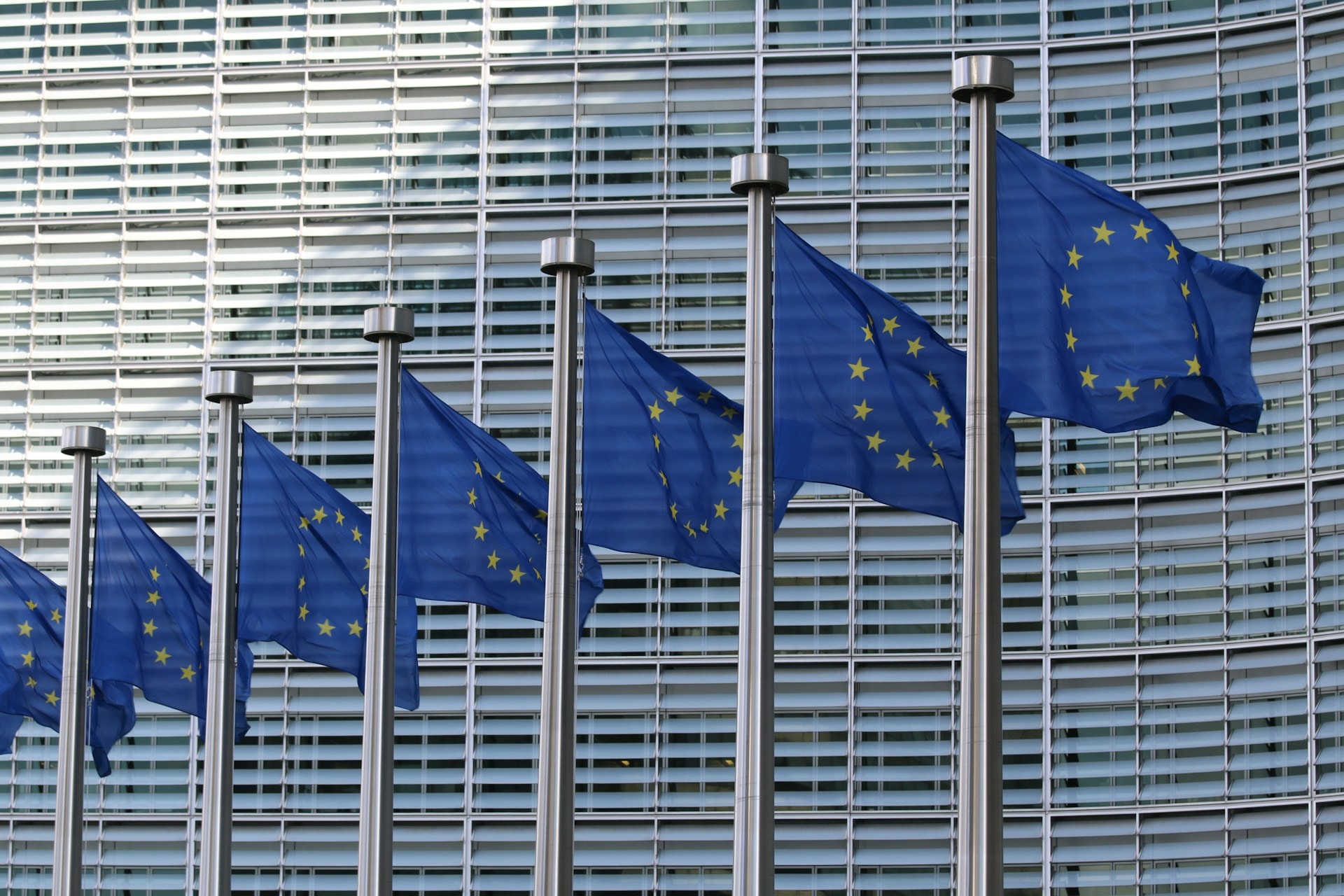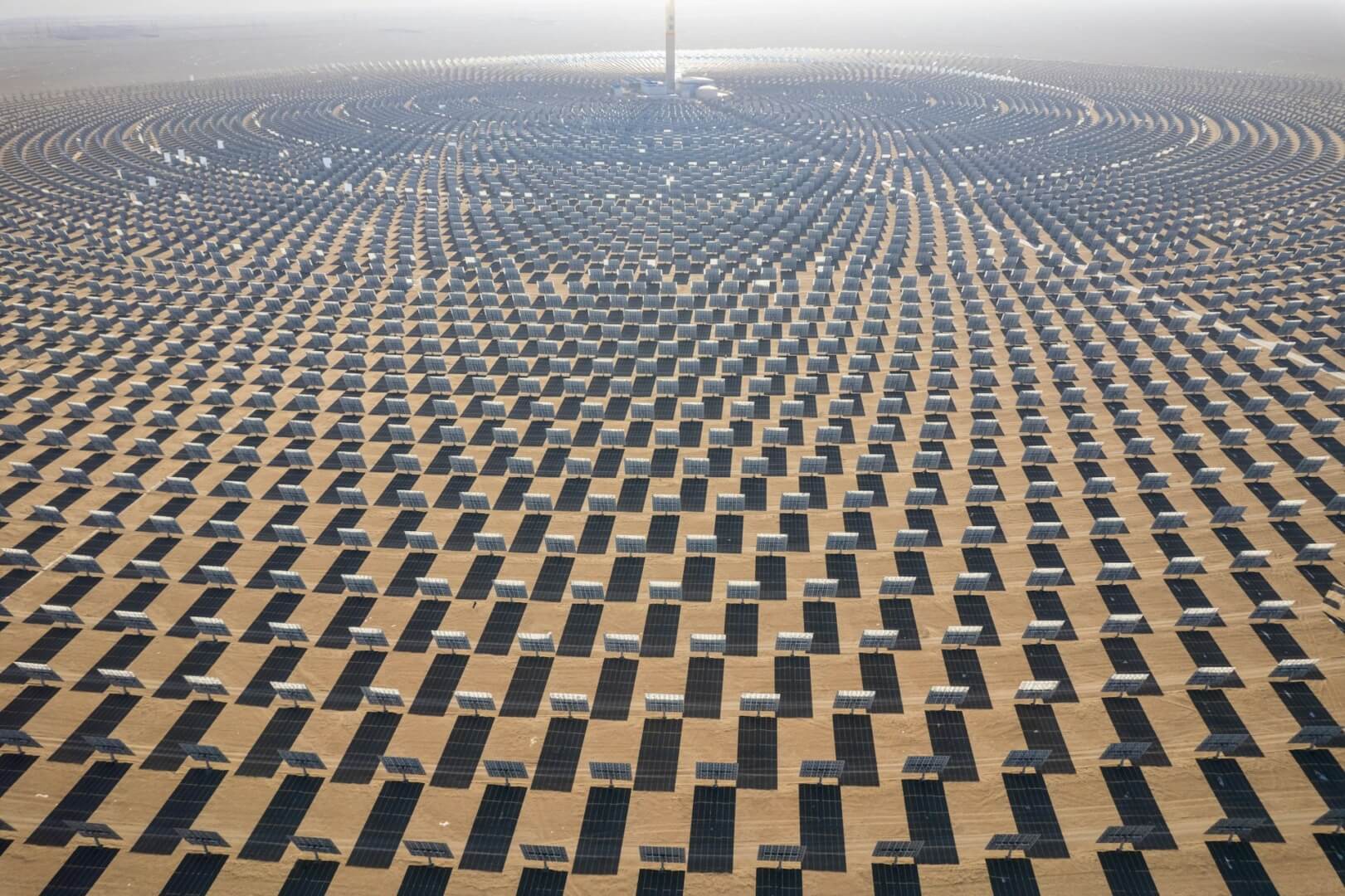Since the first Coronavirus vaccine was delivered in December of 2020, over 4.8 billion COVID-19 vaccines have been administered across the globe. However, severe disparities can be seen in vaccination rates between affluent and poorer nations. The issue not only illustrates the global economic gulf that has been further exposed by the emergence of COVID — it has created a worldwide security threat that may well prolong the pandemic.
Of the more than 4 billion worldwide vaccines, 75% have been distributed to just 10 countries, and less than 200 million have gone to low-income nations. Whilst numerous prosperous regions are already planning rollouts of a third ‘booster’ shot, in some poorer populations just 1% have received their first dose, and even fewer their second.
Furthermore, in most affluent nations, vaccination rates would be even higher if not for the privileged choice to not receive a shot despite having access to it.
The continent of Africa is one of the most severely vaccine-deficient regions, and with Delta variant cases surging and under-funded healthcare systems struggling to cope, the hoarding of vaccinations in many western nations appears even more egregious.
Related Articles: COVID Vaccines Equity: WHO Gets it, There Are Others Who Don’t | FDA Approval to Boost Confidence in Covid Vaccines | COVID-19 Vaccines: Who Produces, Who Orders and Who Gets Them?
The developing crisis and its risks have been described as a “preventable tragedy” by WHO Africa director Matshidiso Moeti, who has decried western nations’ vaccine stockpiling whilst more than 7.3 million cases have been confirmed in Africa – and the true number is likely much higher considering insufficient testing measures in the continent compared to other regions.
“I think it is very difficult for us to talk about booster doses in Africa,” Moeti added, pointing out that Africa has “not covered even 5 percent of the population yet with the initial vaccinations that are needed to slow down the spread of the virus and, most importantly, stop what we think might be a fourth wave which is coming.”
Aside from the ethical arguments of equal vaccination distribution across nations, learning the lessons of the Delta variant, currently rampaging across the globe (particularly low-vaccinated regions including some areas of the United States), should convince richer nations of the importance that worldwide vaccination coverage holds.
The Delta variant’s origin, lowly vaccinated India, serves as an example of the risks that inequitable vaccination rates in Africa pose to the entire world. Coronavirus variants thrive in areas where social distancing is challenging to enforce and vaccination rates are low. As we have seen consistently over the past year, this endangers affluent populations as well as impoverished ones.
These risks are even more pronounced when it comes to Africa where scarce and inefficient testing measures make identifying and tracking outbreaks both unfeasible and unworkable. The unavailability of vaccines compounds the issue into one that, without an immediate solution, will prolong the pandemic far longer than it may well have done with equitable vaccination distribution.
The issue is not a hypothetical or prospective one. Just last week over 248,000 cases were confirmed in the continent, and no less than 28 African nations experienced a surge in Delta-variant cases.
WHO Director-General Tedros Adhanom Ghebreyesus has recently said that it is “unconscionable” that some countries are now offering booster shots “while so many people remain unprotected” in Africa.
At a press conference with Hungarian Foreign Minister Peter Szijjarto on August 23, where booster shots have already been offered to anyone just four months after receiving their second dose of the vaccine, Ghebreyesus also stated that providing a third shot to already-vaccinated individuals should not be a priority until vaccination rates are raised in nations where only a small percentage of the population has been inoculated.
The World Health Organization just called for a moratorium on Covid booster shots. Tedros Adhanom Ghebreyesus, the WHO’s director-general, said in a press conference, “Instead of moving into boosters, it’s better to share what they can use for boosters with other countries.” pic.twitter.com/HyiATgqrJz
— CNBC (@CNBC) August 24, 2021
Thankfully, there are some signs that the challenges posed by unequal vaccine distributions are being acknowledged – although considering how long it has taken, it may end up being a case of too little too late.
Several key nations have joined the ‘COVAX’ scheme, created last year to ensure vaccines are made available to poorer regions. The program is run by a number of international organisations including the WHO and UNICEF, and aims to distribute enough vaccines to protect at least 20% of the populations of 92 low-to-medium income nations — specifically targeting healthcare workers and vulnerable individuals.
The plan is targeting two billion vaccines by the end of the year, and a further 1.8 billion by the end of 2022.
Among the nations agreeing to donate vaccines this year includes Canada, who have pledged to donate 10 million J&J vaccines and almost 18 million AstraZeneca doses, and the UK, which will donate more than 100 million shots by the end of next year. The United States will provide 500 million shots, whilst G7 nations pledged one billion vaccines by the end of 2022 at a conference over the summer.
Whilst one can only hope that measures to balance global vaccination rates continue, there is a very real chance that avoidable coronavirus variants have already emerged and therefore avoidable deaths have resulted from selfish and uneven distributions of COVID-19 vaccinations.
Editor’s Note: The opinions expressed here by Impakter.com columnists are their own, not those of Impakter.com. — In the Featured Photo: COVID-19 Vaccines. Featured Photo Credit: Pixabay














